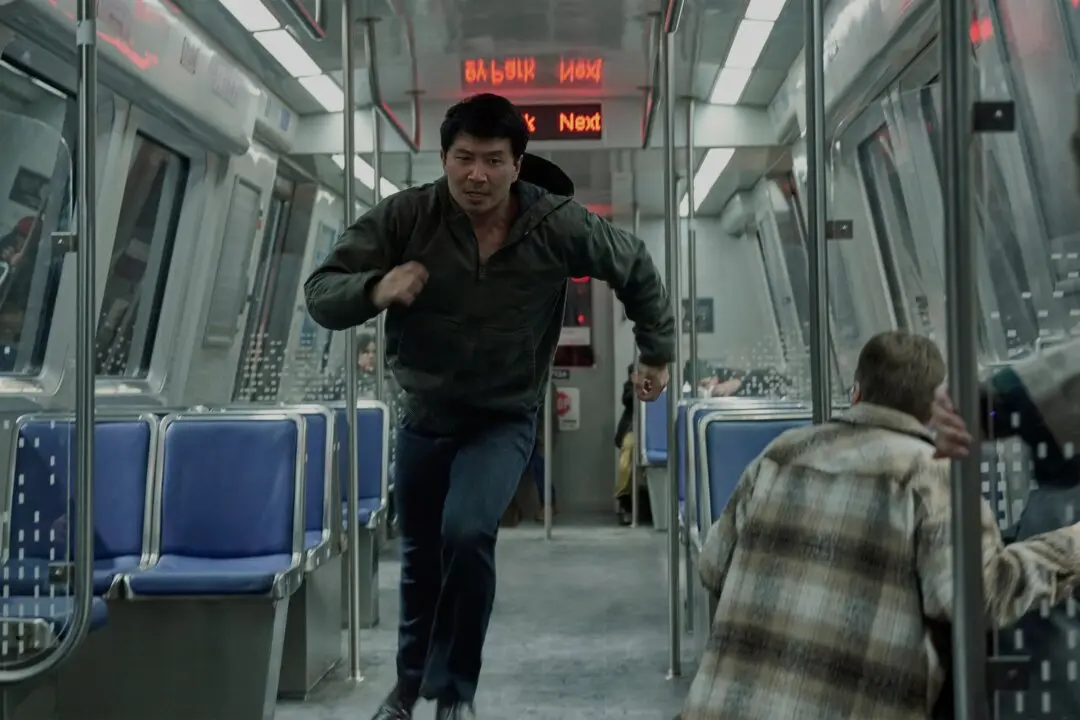For centuries, the sight of a shepherd with a pony tail has been common place in Tibet. However, things have changed in the nation, just as the occupying power intended. often pointed out such truths—getting arrested and badly battered for his efforts—or so international observers suspect. Again, details are sketchy, just as the Communist authorities want them.
The circumstances surrounding Tseden’s incarceration and hospitalization makes the piteous fate of his latest cinematic protagonist all the more poignant. In addition to the cultural oppression, the CP occupation also has a corrosive moral influence in Tseden’s "Tharlo."
The film is visually stunning thanks to the vastly cinematic vistas of Tharlo's Tibetan plains.



